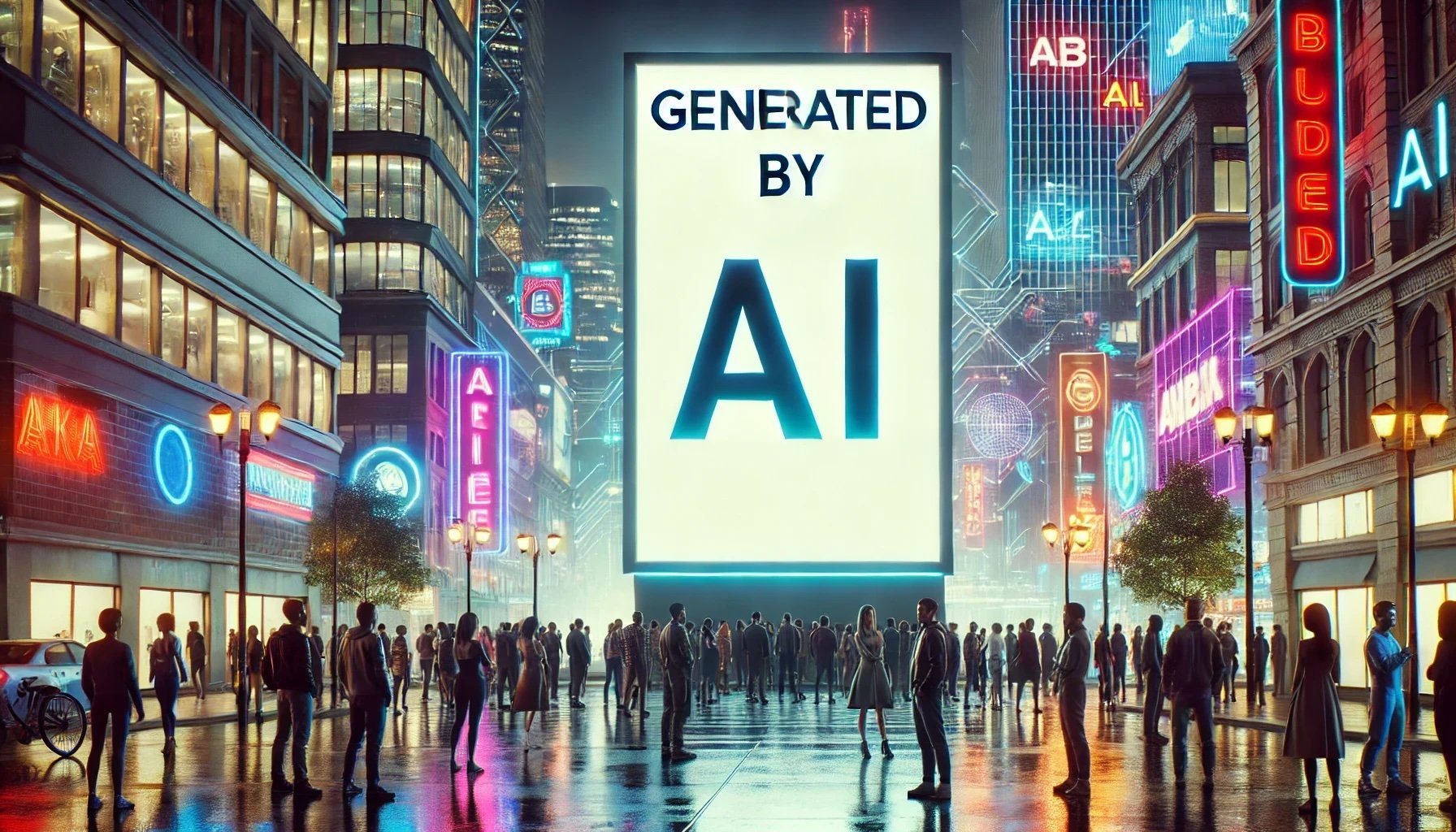AI-powered personalization works!
One to one messaging has long been the promise of digital marketing, but achieving personalization at scale has been challenging for a variety of reasons, including the challenges in producing the volume of assets required to truly deliver on this promise. Yes, template-driven asset production and dynamic creative optimization have been around for a while, but most of it is still very rules-based. The arrival of Generative AI may finally unlock this opportunity for agencies and brands.
But, does hyper personalization work? Is it more effective than non-personalized advertising?
A recent study from researchers at Kellogg, Columbia and Stanford suggests yes…
Think of your favorite commercial. Maybe it makes you laugh out loud or tugs at your heart strings.
Now, imagine that every ad you see online speaks to you like this. It’s almost as if the advertisers know you, your personality, and the things that matter to you.
Welcome to personalized advertising in the age of generative artificial intelligence (gen AI). Advances in gen AI and our expanding digital footprints are not only making highly personalized ads possible, they’re making them more likely, says Jacob Teeny, an assistant professor of marketing at the Kellogg School of Management.
“This specific influence tactic, personalized persuasion, is now going to be more scalable and widely deployed than ever before,” Teeny says.
By using free applications like ChatGPT—along with personal information about our browsing behavior, social-media posts, smartphone use, and more—advertisers can create highly personalized and therefore influential marketing appeals.
To learn just how effective these customized advertisements can be, Teeny teamed up with a group of researchers including Sandra Matz, Heinrich Peters, and Moran Cerf of Columbia Business School; and Sumer Vaid and Gabriella Harari of Stanford University.
The researchers set up a robust series of studies that gauged how consumers reacted to personalized pitches written by ChatGPT. Overall, they found that this gen AI was able to write messages tailored to people’s complex psychological profiles, and these messages were more persuasive than non-tailored or generic messages.
Read more at the Kellogg / Northwestern blog.





